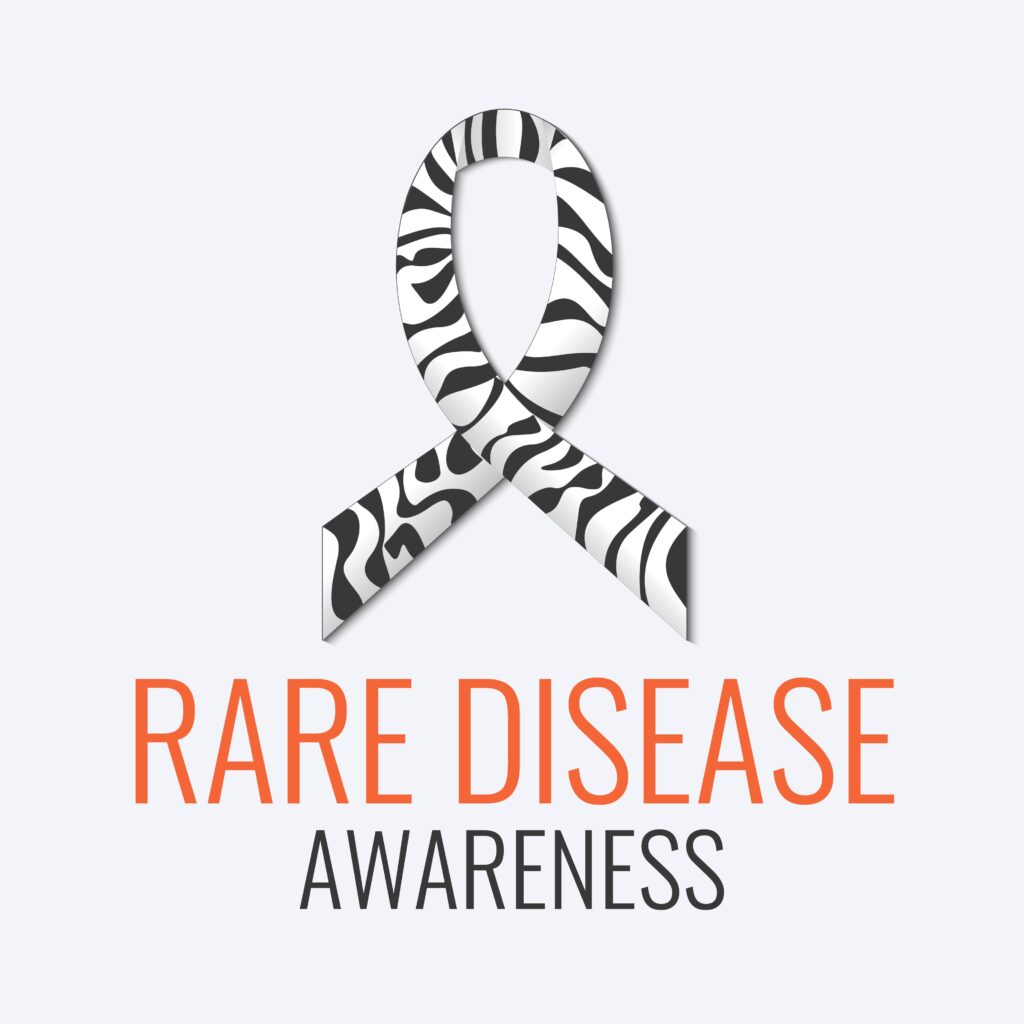The Delhi High Court has recently voiced their disapproval of the continued neglect for the treatment of rare diseases.

The Court took issue with the fact that funding for treatment was still not being provided for Duchenne muscular dystrophy (DMD) despite requests by the Court. The High Court passed an order on 14th December last year on the issue of treatment coverage under the National Policy for Rare Diseases, 2021.
Justice V Kameswar Rao said, ”It is surprising that even after a period of one month no treatment has yet started. Insofar as funds are concerned, the court in the last order has clearly stated that it is the responsibility of the Union of India to ensure that necessary funds are provided to all centres of Excellence including AIIMS as and when demanded for the treatment of these children.”
Rare diseases, despite the rarity the term implies, are a life-changing and, unfortunately, life-ending issue for millions of people across the globe. Despite this they are among the most neglected diseases affecting humanity. Rare diseases cumulatively affect around 350 million people worldwide. This figure includes roughly seventy million individuals in India.
Criticism was abundant regarding the National Policy for Rare Diseases, 2021. The Union Ministry of Health and Family Welfare noted in an affidavit last year that rare diseases patients are provided treatment under the umbrella scheme of Rashtriya Arogya Nidhi (RAN), which is a specific scheme for poor patients living below the threshold poverty line. It was stated that “Therefore, the amount marked under the RAN cannot be used for research due to an existing approved mandate. It is further submitted that the fund raised through crowdfunding, is to be utilised firstly for the treatment of rare diseases and further funds can be made available for research also after meeting treatment cost.”
It is the statement that crowdfunding be the first source of financing for those with rare diseases that has provoked criticism of the Government’s policy from the courts, patient advocacy groups, as well as those affected. Many have felt that despite a bill being raised by the Centre – a step in the right direction in terms of awareness – the Bill itself offers no help to those impacted by rare diseases at all.
The statements by the Court follow a recent article featured in Scroll.In which documented the struggles of Nidhi Shirol, the first registered patient with Pompe’s disease in India. During childhood Nidhi’s developmental milestones were delayed and she was particularly prone to bouts of pneumonia. Many of these bouts required admission to an intensive care unit (ICU), where, despite treatment of the symptoms, the underlying cause was never established.
The family visited more than forty hospitals and doctors, finding no luck in establishing the cause. Finally, after a suggestion from friends, the family were sent to a doctor that ran extensive tests on Nodhi, establishing the cause to be Pompe’s disease, a rare genetic condition in which the body becomes unable to effectively process glycogen, the form in which glucose is stored. This can lead to an accumulation in organs and tissues, especially muscles, causing dysfunction.
While there is no cure, a treatment was eventually sourced in the US, though the cost of this treatment would run into several crores. Fortunately for the Shirol family they were put into contact with parent support groups in the Netherlands that were able to obtain the medicine for free.
Unfortunately, for most parents of children with rare diseases this is not the case, and many are either unable to fund the treatment, or, in many cases, there is no treatment available at all. Such is the case for many rare diseases due to the lack of incentive for investment by pharmaceutical companies. While rare diseases cumulatively affect millions, each individual disease may only affect a few thousand people.
The Delhi High Court has previously weighed in on this situation, requesting that the Centre increase funding towards orphan drugs – drugs catering to diseases that occur so infrequently that the manufacture of these drugs is not profitable without government assistance.
The Shirol family, despite treatment being made available, were later beset by further tragedy. While Nidhi was able to live a relatively normal life, eventually attending college, she needed to be on a ventilator constantly. While attending a college function, Nidhi realised too late that the ventilator had run out of battery power, oxygen supply to her brain was cut off, and she has been in a coma for four years since the event.
The Shirol family co-founded the Organisation for Rare Diseases India, holding events yearly to try and raise awareness of rare diseases. While they have had some success in this endeavour, a lack of support from the Government is continuing to impact the lives of those suffering from these conditions.

